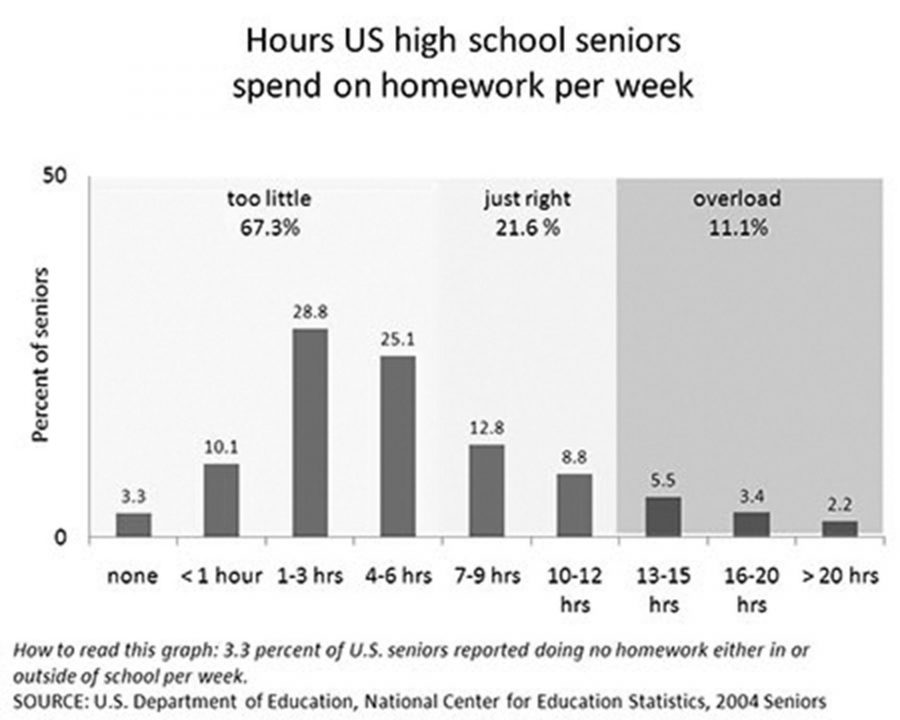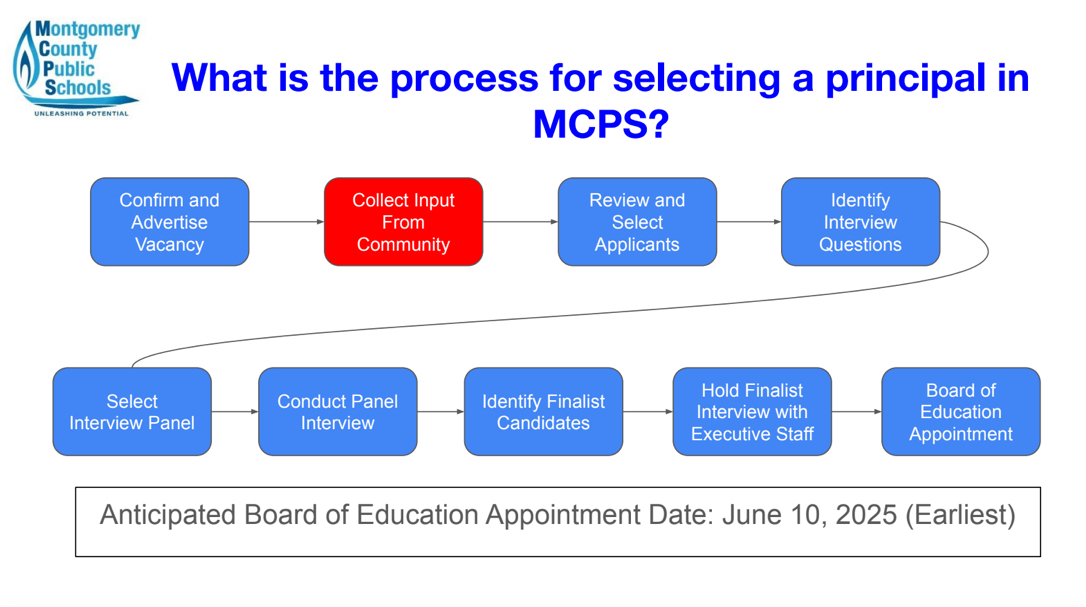This is a common scenario at this school: a student comes home at 6 pm. After going to school, dealing with exams, doing classwork, and staying late for extracurricular activities, sports, or rehearsal, the student is tired. But then they have to do homework for 30 minutes for each class. This is a tough reality, because although homework is important, students have to balance their work and activities.
On a global scale, homework has more importance in certain countries, while classroom experiences and hands-on practice is more important in others. “Top achieving countries, like Singapore, assign their students lots of homework. But Finland, for example, succeeds without much homework,” U.S. News reported.
This difference causes people to wonder how helpful homework actually is and how much homework should be given. According to a U.S. News article, Finnish students have around “three hours of homework a week, yet in 2012 they scored sixth highest in the world in reading and 12th highest in math on the … Programme for International Student Assessment.”
It is clearly possible to have academic success without much homework. However, homework can be a useful tool for students. On a local level, in this school, homework is given to students regularly. But each department, each course, each teacher, varies the amount and type of homework. So how do teachers decide the amount, type, and reasoning for homework for their classes?
English department
In the English department, Honors 10 and Honors 12 English teacher Catherine Boswell describes the department’s average workload and its comparison to other departments in the school as “pretty extensive.” Boswell said, “The homework is not as bad as other departments just because we can get a lot done in class and our homework tends to be more long-term because it’s essays usually. We don’t usually have a lot of things that are due every night. It’s more long-term assignments.”
The English classes have established policies. “We follow the no-homework weekends, we try not to give homework over holidays,” Boswell said.
In the English Department, the homework amount and type is generally uniform for all levels of English classes. However, the difference in workload comes from the classwork. “The demands in class for essay-writing are a little bit more intense in AP. We tend to do more projects and novels in honors than in AP,” Boswell said.
The amount of homework given in English classes is different from math and science classes, where homework is given every night. Keith Burnham, the resource teacher for the math department and a teacher for AP Calculus BC and Pre-calculus AP Prep, summarizes the reason why in almost all math classes, homework is given every night for around 30 minutes to 45 minutes. “The role of homework in a math class is that most students sit in a class and watch a teacher do a problem, they think ‘I get it.’ But when they are forced to confront a similar problem at home where they don’t have the hints given by the teacher, that’s where we can determine if they understand it. From a math perspective, when you do homework, just by doing multiple repetitions, that’s going to increase your speed,” Burnham said.
Science department
In science classes, daily homework is also a commonality. For example, AP Chemistry and AP Biology are generally given pages of work from packets, outlines, and studying for constant testing. Although it seems extensive, science teachers, along with math teachers, believe that practice via homework is a necessary tool.
AP Chemistry teacher Brett Bentley agrees with thias sentiment when it comes to giving homework in his AP Chemistry classes. “You don’t learn a language by not using it. Similarly, you don’t learn chemistry, a language, by not using it. You have to spend the time with it and if all I have is the hour and a half you have with me every day, then we can learn chemistry, but I’m not going to make you fluent. If you want fluency, you have to spend time outside of class gaining that fluency. The answer is always in your effort,” Bentley said.
The daily homework is in honors and on-level classes as well. Honors Chemistry students do one to two pages from their packets every night. However, the expectations for students regarding homework is different. According to Bentley, AP students are more independent in their learning and thus can do research on their own to figure out something they don’t know. At a lower level class, this is too high of an expectation and teachers are expected to teach every step for a problem and every aspect of a concept.
Career & Technical Education department
In the Career and Technical Education Program, teachers vary more in the amount of homework they give. For example, Lesley Stroot, who teaches personal finance, College/Career Research Development, and College/Career Seminar, barely gives homework. “I know several teachers in my department assign homework and it is a larger part of their grade. I don’t assign homework. If I did, it would be for the sake of giving homework, not to enrich my students’ learning experiences,” Stroot said.
Stroot’s choice to not give homework comes from her belief that traditional homework is busy work and wouldn’t generally help her classes.
Technology department
Most subjects do have reasons to give homework. Subjects like computer programming give homework as a time for students to learn the concepts. Bethany Petr, the Resource Teacher for the Technology Department and the teacher for Computer Programming 1 and Advanced Web Tools, outlines her classes and the department’s emphasis on homework. “At home, students watch five minute lectures and they take their notes, and then when they come to class they use it, because that’s when you have questions. We come in and we have problems we solve, codes we write as warm-ups, and then the project for that day usually uses that same thing,” Petr said.
For this type of teaching, it is necessary to do homework because the homework is basically the content of the course. “I will take homework late for forever because I want you to do it. I want you to see the material. If you don’t stay on top of that, even if it’s a small percentage of your grade, you’re going to fall behind. However, I think it’s just me and Mrs. Roberts, who teaches Programming 1, who use homework as a learning experience,” Petr said.
World Language department
Almost every department has general trends regarding the amount of homework given and why, even if there are some teachers who do not adhere to that trend. However, the World Languages Department does not have any departmental policy regarding homework or workload.
Anthony Derosa, the Resource Teacher for the World Languages Department and the Honors 2 and Honors 3 French teacher, said that there are many different variables regarding workload in a foreign language class. “It really depends on the teacher and the course. We don’t mandate anything like that. Sometimes, if more than one teacher teaches a subject, they converse with each other to reach an agreement,” Derosa said.
The lack of general policy or trend is not usually a problem because most world languages courses only have one teacher, but Derosa acknowledges a flaw in the scheduling system. “Unfortunately, there are a couple cases where we have more than one teacher teaching a subject. We have four teachers teaching Spanish 3 Honors. That might be rather drawing for the students. You have to get used to the other teacher’s style, but they are a team, and the curriculum is identical. They’re all working towards the same end. You do have to adapt to the style of the teacher each semester,” Derosa said








